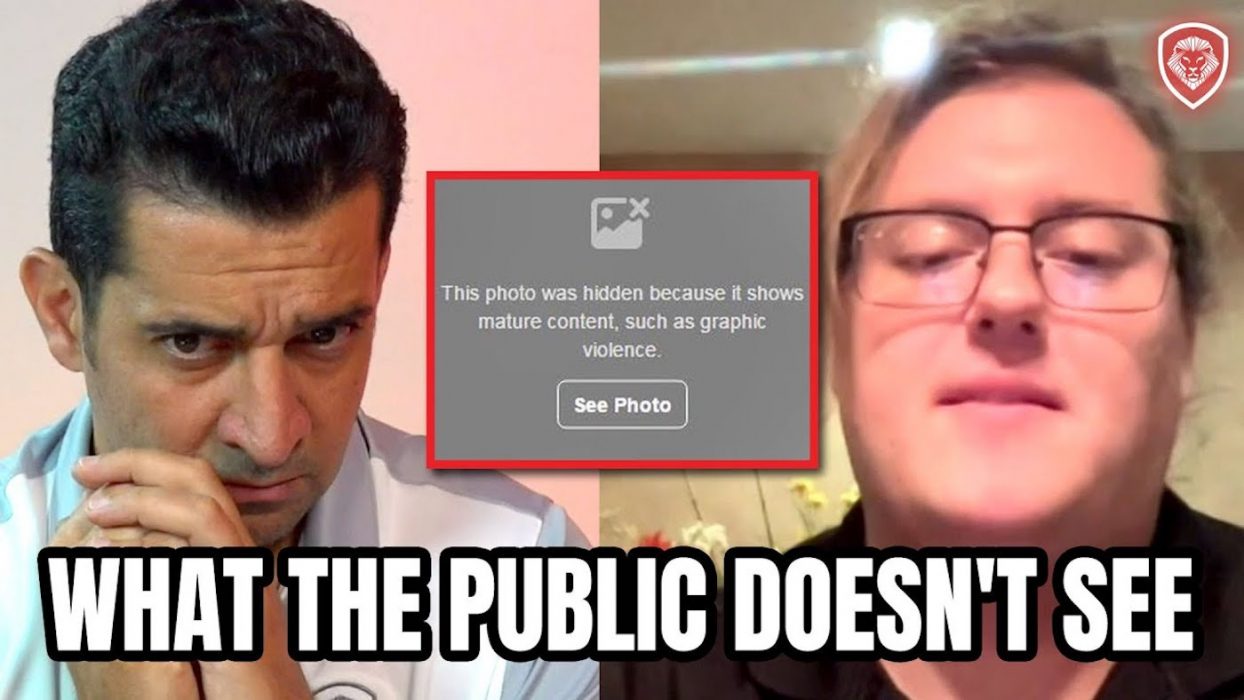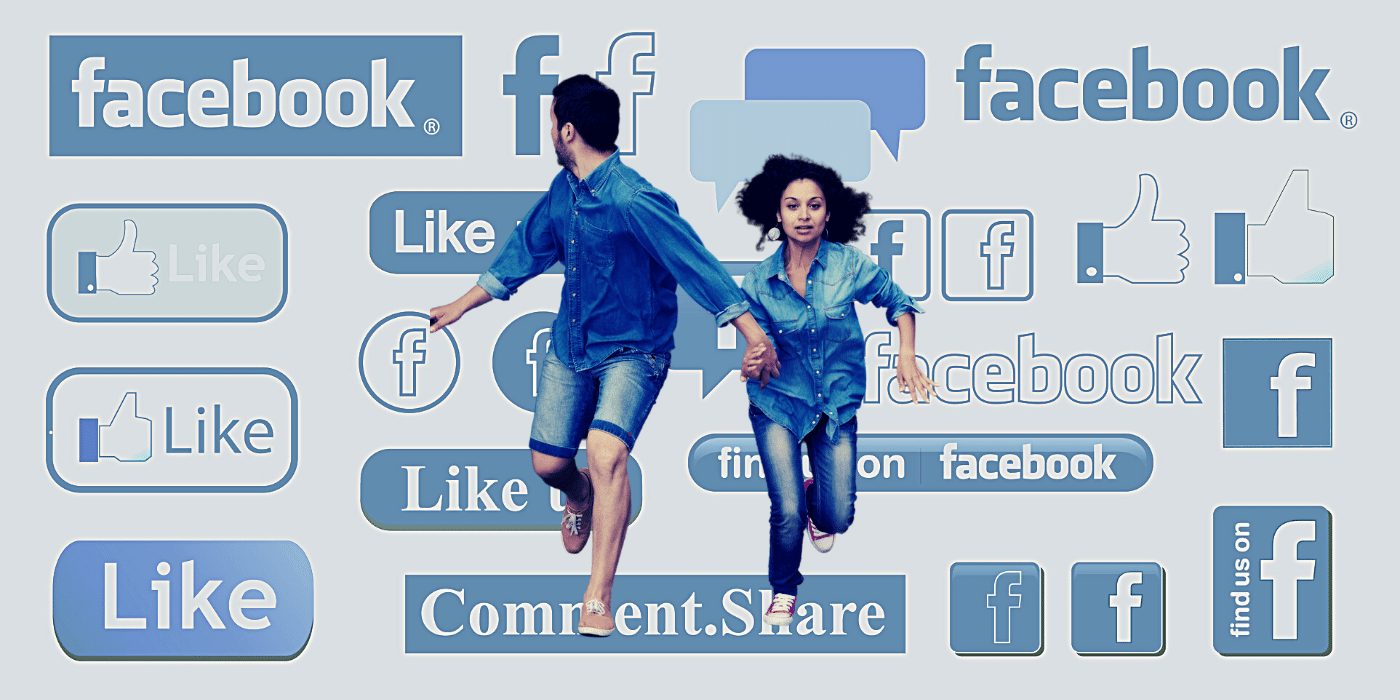Facebook’s parent company rebrand to Meta, announced this week, could cost it dearly in terms of retaining existing employees and attracting new ones.
“I doubt this will redeem or protect the employer brand much,” says Georgetown University business professor Brooks Holtom, who is also a corporate human resources specialist based in Washington DC. “With Facebook facing so many missteps and public criticism tarnishing the brand, people in the know won’t be fooled by this rebranding.”
Is the Facebook Rebrand a Convenient Distraction?

Scrutiny of CEO Mark Zuckerberg and Facebook has intensified in recent weeks over its handling of misinformation, fake news and hate speech, as well as ongoing criticism over its failure to answer allegations that some of its platforms are damaging the mental health of children and teenagers.
Earlier this month, former Facebook employee turned whistleblower Frances Haugen released internal company documents that show Facebook knows its products and services can cause harm but that it struggles to address the issue. Zuckerberg has denied the claims, saying they “paint a false picture of our company”, and that the problems Facebook experiences are simply “a reflection of society”.
News of the company’s rebrand, already labelled by some as a distraction from its slate of allegations, could spark higher employee turnover, according to Holtom.
Facebook has talented people, and competitors in the market are looking for that talent. It [the tech market] is extremely competitive. You can be sure other companies are preparing to reach out selectively to inquire about people thinking of moving. It’s a precarious time for Facebook from a talent perspective.
Brooks Holtom, professor of business, Georgetown University, Washington DC
Facebook’s reputation as a top company to work for has slid since it claimed the top rung in 2018, based on employee ratings on US review site Glassdoor. It dropped one spot in the 2019 list after reports that political consulting firm Cambridge Analytica had improperly accessed the data of 87 million Facebook users. Its ranking plummeted to #23 in 2020 and this year clawed its way back to #11.
Jobs for Metaverse Specialists, For Others Not So Much
The Meta rebrand could bolster retention and hiring efforts for highly specialised employees involved in metaverse operations for “the chance to work on something really revolutionary with a large budget”, Holtom allows. But he says it’s unlikely the company will see a positive impact among the public or employees not involved in metaverse work: “I think they’re at big risk.”
Facebook is already experiencing employee churn at third-party sites in the US that hire content moderators for its social media platform. Earlier this month, flagship TV current affairs program 60 Minutes aired a harrowing story headlined “Thumbs down” in which former Facebook moderators described the horrors they were forced to deal with on a daily basis.
“I saw a lot of child abuse, a lot of gore. We had quite a few beheadings,” ex-Facebook employee Allison Trebacz told the program. “It was really messed up.”
“You see a whole lot of nudity, you see aborted foetuses, people killing themselves live,” said Spencer Darr, another former moderator. “Within the first week or two I was having nightmares about some of the content I’d seen.”
$15 an Hour to Witness the Worst of Humanity

Also this month, in a shocking YouTube interview with US podcaster Patrick Bet-David, former Facebook “graphic violence and hate speech” moderator Shawn Speagle attested to witnessing bestiality, live shootings, animal cruelty, public stonings, violence against children and women – including vivisection and organ harvesting – and all manner of sexual exploitation in his six months as an employee of Cognizant Technology Solutions, a third-party Facebook site in Tampa, Florida. All for a princely US$15 per hour, in less than ideal working conditions.
“When I started at Facebook, I thought the least I could do was try to help the people and animals whose last moments were being desecrated,” Speagle said, stressing he had no “revenge motive” against Facebook.
Still Waiting For Compensation
Without admitting any wrongdoing, Facebook agreed in May 2020 to pay $US52 million in damages to former moderators who had suffered severe mental health disorders as a result of their employment. The settlement was to include a US$1000 payment for each and additional funding for a shared support service. All are reportedly yet to receive either consideration.
“It’s just not enough, especially for a company that makes US$55 billion a year in revenue,” commented Spencer Darr in his 60 Minutes interview. “It felt like an insult.”




